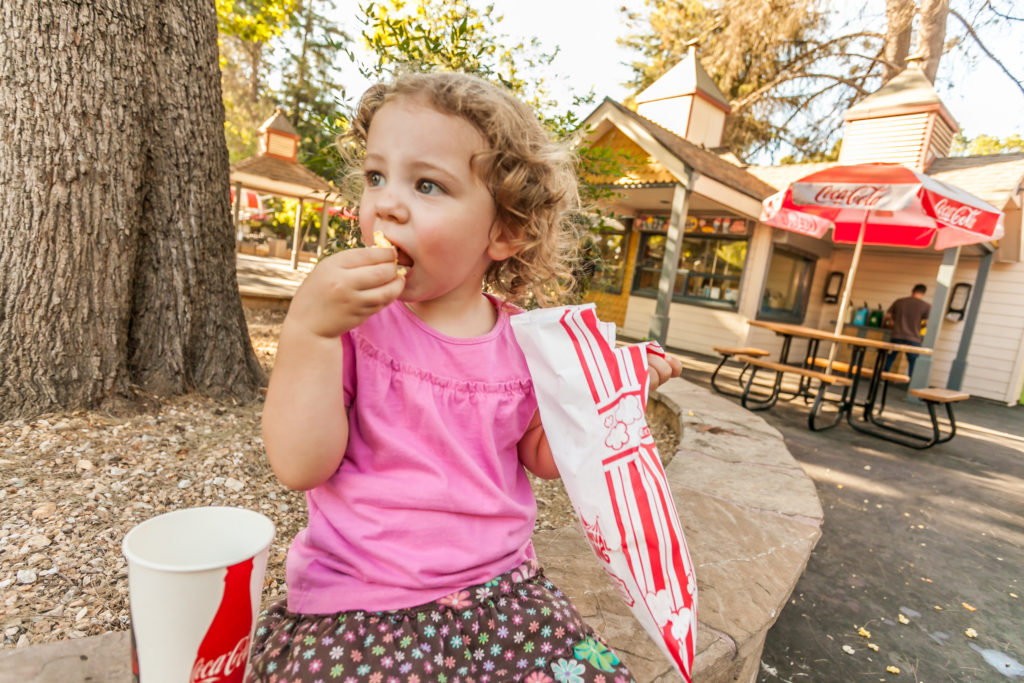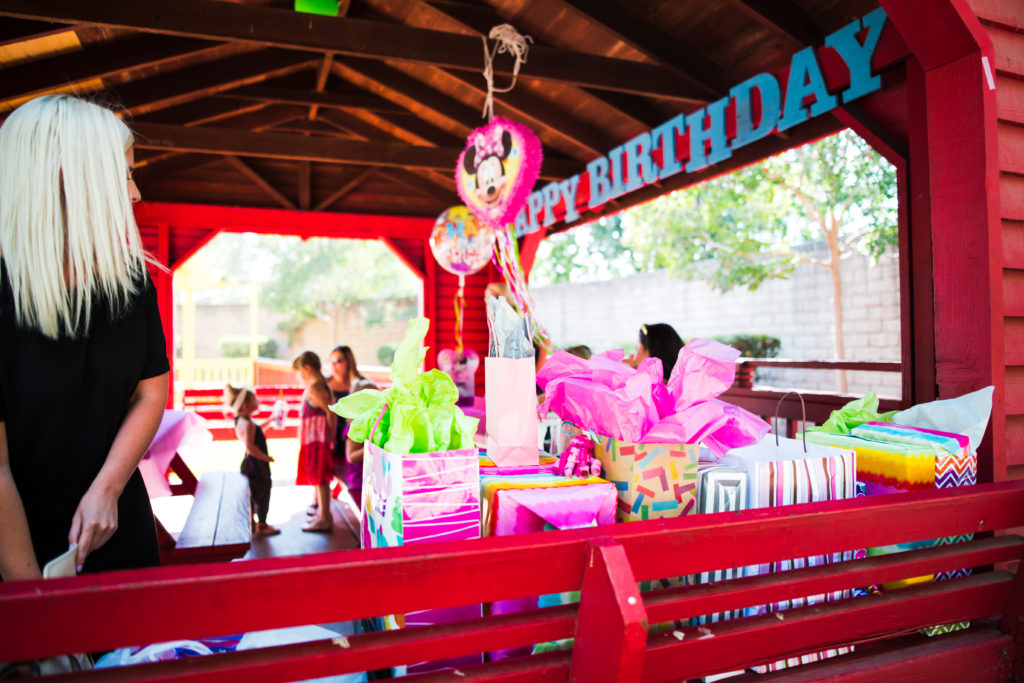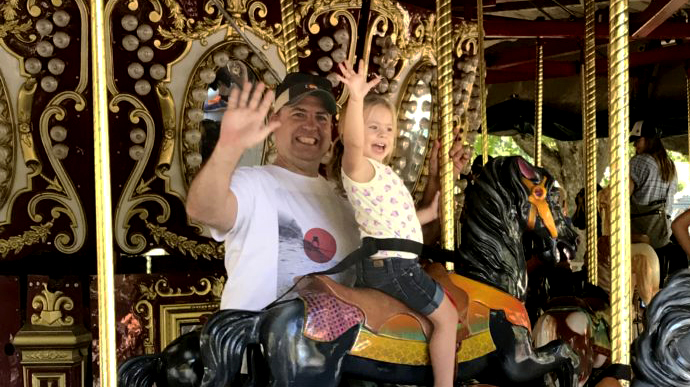“Honesty is the best policy,” said Benjamin Franklin. It’s definitely one of the top characteristics we want to develop in our children. And sometimes it’s easier said than done! Here are some strategies for helping your children choose honesty.
\n\n
Model Honesty
\n
It begins with us as parents. Our children are watching us daily and imitating our behavior. They will listen to what we tell them, but more importantly, they will copy our actions, even if they contradict what we’ve said. Think about times when you’ve been dishonest while your children are watching and listening. Have you told somebody that you can’t come over because you’re going somewhere else, but you’re really not? Have you made up an excuse for being late? Have you purchased something for your child and told them not tell the other parent about it?
\n
Stop and think about the ways you model honesty (or dishonesty) throughout the day and make an effort to always show honesty to your children. Point out the times that you wanted to be dishonest, but chose honesty anyway. Share stories from your childhood of how being honest or dishonest impacted you.
\n\n
Praise Honesty
\n
Rewarding children for choosing the right kind of behavior helps reinforce it. Sometimes we overly focus on “catching” our children doing the wrong things and forget to praise them for doing the right things. By really watching for those times when your child chooses honesty and talking to them about it, you’ll be encouraging them with the positive attention.
\n
Watch and listen as your children go through the day. Try to “catch” the moments when they are honest, especially when you know they struggled to be honest. Praise them for making a good choice.
\n\n
Explain that Perfection is not Expected
\n
One of the reasons that children are tempted to be dishonest is that they are afraid of disappointing their parents. If they get the sense that perfection is expected, or that parents will think less of them for messing up, they may choose to be dishonest rather than upset a parent.
\n
Explain to your children that while you expect them to make good choices, you do not expect perfection. None of us are perfect! Let them know that you love them no matter what and that you know they will make mistakes. Continually let your children know that they can tell you anything and you’ll help them to be less fearful of being honest with you.
\n\n
Allow Consequences for Dishonesty
\n
Children learn by having consequences for making poor choices. Some consequences occur naturally, like getting caught in a lie and losing a friend because of it. Other times, we need to give our children appropriate consequences for dishonesty. By having consequences, we help train our children to avoid the poor choices and that honesty is the better way to go.
\n
Those consequences will be different for each child and in each family, but should be something unpleasant or some sort of sacrifice. You can even let your older child have some input (within reason) on what they think would be an appropriate consequence.
\n
Helping your child choose honesty now will help them make better choices in the future. By helping them with their choices, we show them how much we love them and have their best interests at heart.
\n\n








